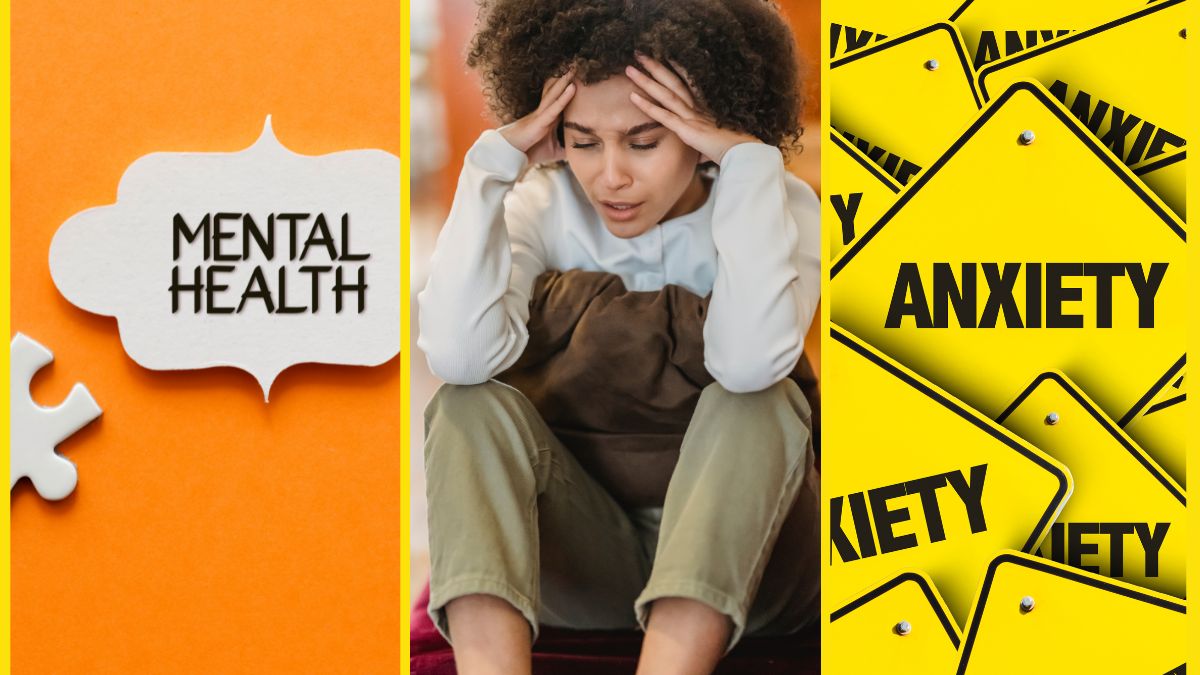- By Priyanka Munshi
- Tue, 18 Apr 2023 03:27 PM (IST)
- Source:JND
ANXIETY is a feeling that is accompanied by tense sensations, concerned thoughts, and physical modifications like elevated blood pressure. People who suffer from anxiety disorders frequently experience intrusive thoughts or worries and may avoid particular situations out of fear. Exams can cause anxiety and are stressful.
Also, the American Psychological Association (APA) asserts that there are distinctions between fear and anxiety.
Fear is a proper, in-the-moment reaction to a precise threat, whereas anxiety is a long-acting reaction to a diffuse threat.
Additionally, the degree of anxiety varies from person to person, and when it starts to negatively impact daily functioning, such as with mild stress symptoms like sweating, it is advisable to seek professional aid. As a result, we've outlined a few ideas that will naturally help you control your anxiety.
Stay And Try To Be Active
Exercise is crucial for both physical and mental health because it speeds up the metabolism and serves as a distraction from worries. Serotonin, which is released when you exercise frequently and can help with anxiety symptoms.
Also Read: Teen Mental Health: Irritability To Disrupted Sleep; 4 Signs To Recognise Anxiety In Teenagers
Consuming Very Little Caffeine
Anxiety disorders and panic attacks can develop as a result of the jitters and anxiety that caffeine can bring on. Due to caffeine's capacity to change brain chemistry, quitting it can alleviate anxiety symptoms in a way comparable to quitting alcohol.
Healthy Eating
It is crucial to maintain hydration, cut out processed foods, and eat a balanced diet that includes complex carbs, fruits, and lean proteins. Low blood sugar levels, dehydration, and toxins in processed foods can also lead to mood swings.
Meditation And Yoga
Do you know that 30 minutes of daily meditation may be an antidepressant and that meditation might aid with stress and anxiety reduction? Physical and mental health are equally vital, and both should be appropriately treated.
A Good Night's Sleep
A good night's sleep is very important, and when we talk about a good night's sleep, you should know that a person should and must sleep for roughly 7-8 hours. This is because it is very vital for general health. Despite the fact that daily exhaustion, heightened irritability, mood fluctuations, and a host of other issues can result from sleep deprivation,
Don't Drink Or Smoke
Do you know that while there are many people who genuinely use drugs and engage in other harmful behaviours, their neurotransmitter imbalances and anxiety can develop over time if you consume too much alcohol or smoke?

